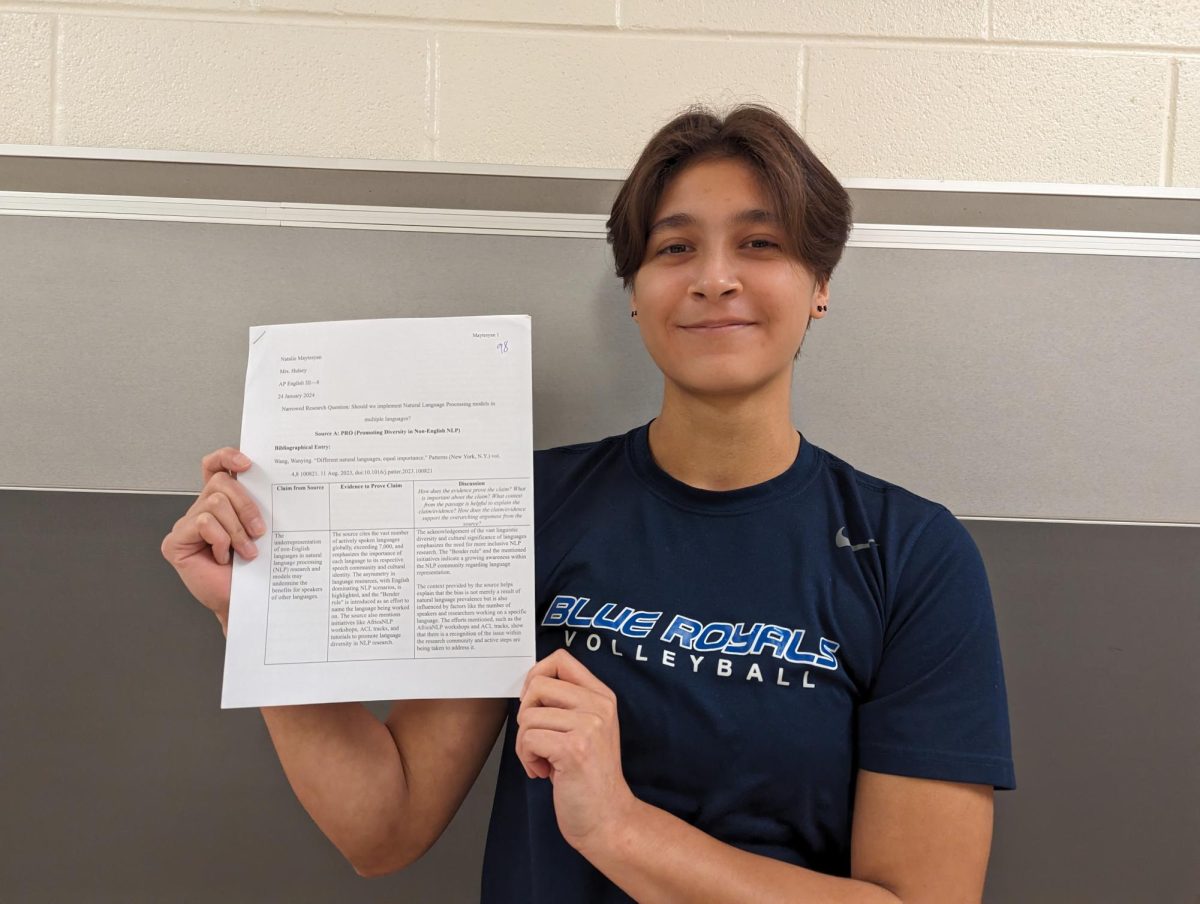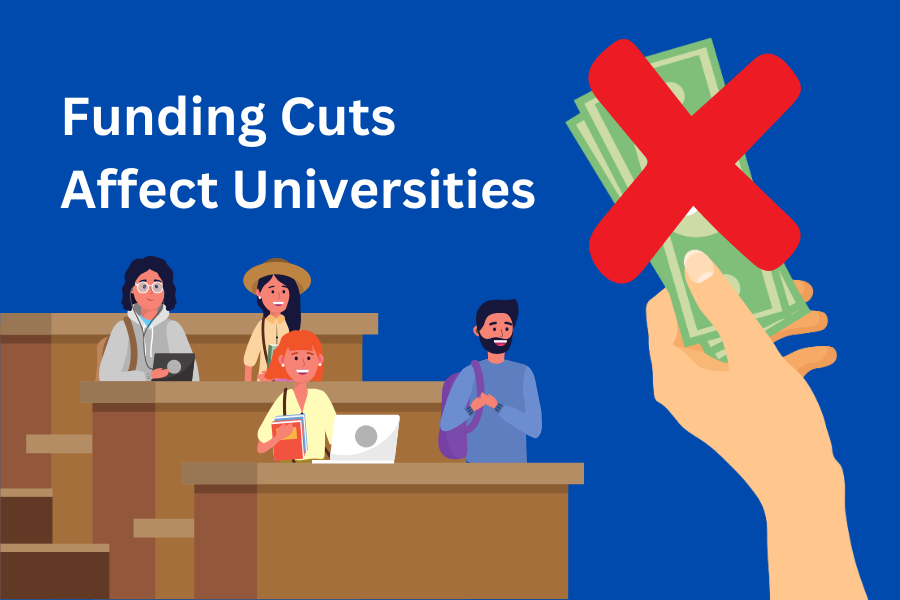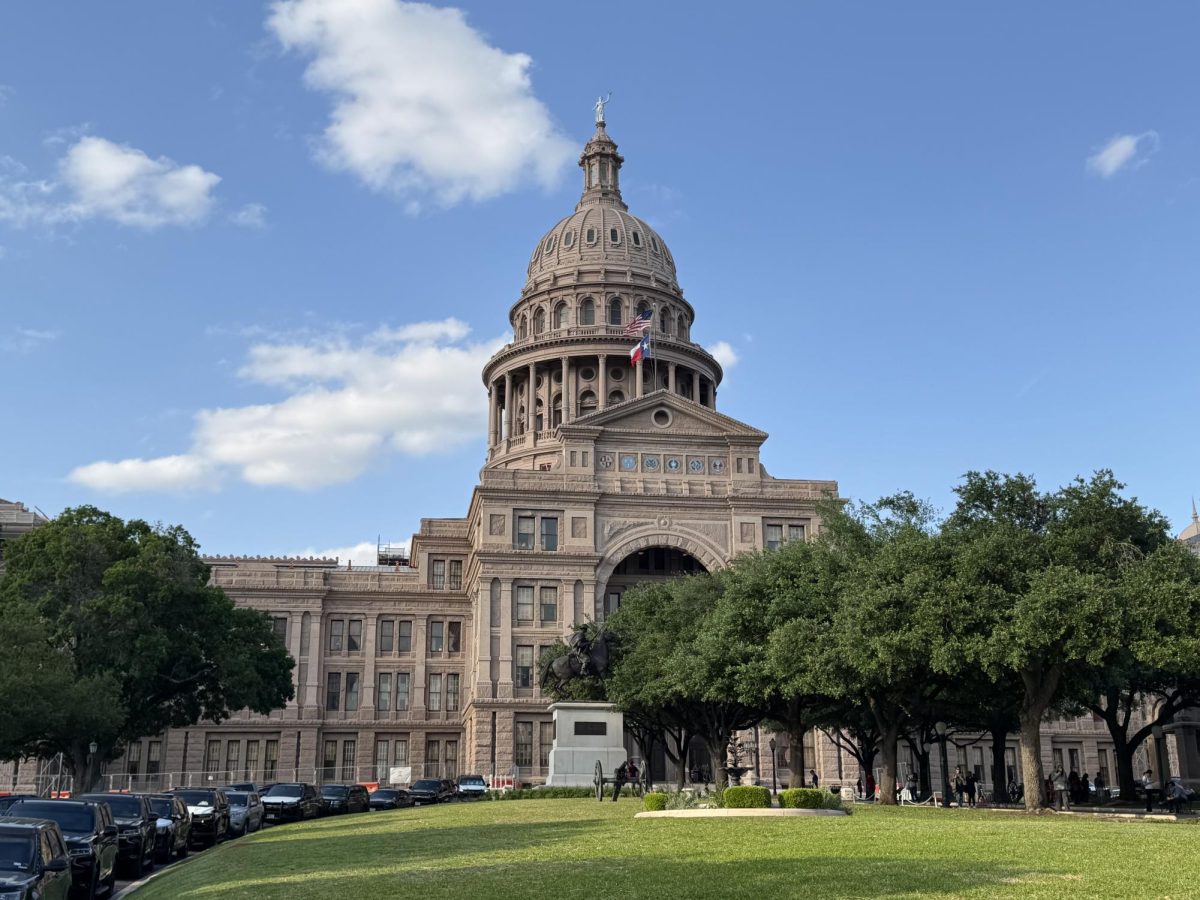When the world shut down during the pandemic, the education system took a weighty hit. Due to rolling school closures, harmful staff shortages, and the concern of absenteeism, schools had no choice but to install more lenient grading policies to accommodate the dire circumstances that students around the world faced. As COVID-19 cases climbed, so did grades. Four years later, the world has restored a sense of normalcy, and the effects of the pandemic have dwindled – yet GPAs have continued to surge.
Grade inflation, the rewarding of grades higher than deserved, isn’t new. But it is reaching unfathomable heights in the current state of the education system. By the spring of 2020, average class GPAs had increased by 0.22 points due to COVID-19 and approximately 0.18 points in the subsequent two semesters. With school districts allowed to loosen their reins on graduation requirements through relaxed credit and exam policies, they have eased up on their grading policies and morphed the grading system into their own.
“Maybe from the teachers’ perspective, students weren’t performing as well academically after the pandemic, so they needed to increase grades so that the students weren’t failing,” Angela Fu ‘25 said.
The rise in grades is not reflective of the current learning status in the United States. In fact, it’s quite the opposite. The continued grade inflation is merely contributing to the learning loss that school districts have been attempting to avoid for the past four years due to virtual learning and watered-down curriculums. A victimless crime, grade inflation provides a sense of reassurance to students that they are prepared for any level of success in college-level classes – despite not being taught essential components of curriculums due to the pandemic.
Schools have been resorting to grade inflation since the pandemic to improve their reputation, retention rates, and overall funding after encountering a deep decline. However, these schools’ choices have been seen to add fuel to the already hyper-competitive environment, making it more and more difficult for students to rank higher or stand out as everyone’s grades are increasing manifold. At Westwood, the top bracket of GPAs is between 5.99 and 5.3955 for the class of 2025, higher than the national average.
“Some people don’t even take [inflated] classes so their grades won’t be as inflated as others,” Fu said. “That could affect the ranking system. It’s only unfair when students start to abuse it by only taking the easier APs and IBs.”
Despite the steady rise in students’ GPAs, their standardized test scores continue to trail behind. In a study conducted by ACT, it was discovered that the gap between seniors’ grades and test scores continues to enlarge – truly showcasing the learning gap. In fact, the class of 2019 had lower ACT test scores compared to more recent classes despite being enrolled in more rigorous courses.
While grade inflation is painting a false and overly competitive narrative in the education systems, it’s easier said than done to bring grading back to previous norms.
“I think we’re just an academic school,” Jack Chubick ‘25 said. “I don’t think [the main cause of competition] is grade inflation as much as it is a more persistent student body. What’s the solution to grade inflation? Lowering grades. That’s a terrible idea.”
Pressure from parents and students as well as the need for schools to build up their reputation will ensure that grade inflation is not leaving anytime soon in high schools or even college. However, to counter this issue, districts around the country could start establishing clearer grading processes and making grades overwritable.















